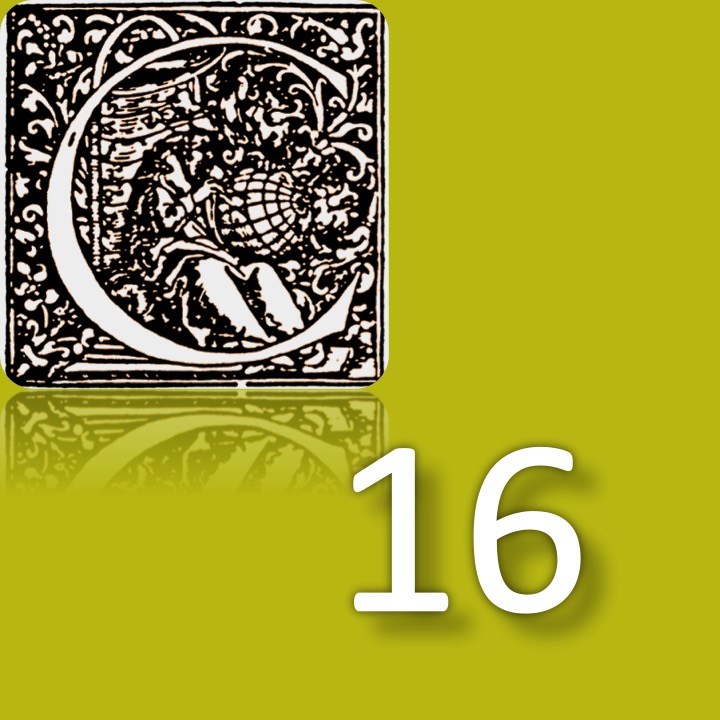Opium before morphine: the elusive quest for the active principle of drugs
Abstract
The idea that the history of modern, essentially experimental, pharmacology began in the early years of the 19th century is widely shared by scholars. The emblematic milestone is the isolation of morphine by Friedrich Sertürner in 1805. Nevertheless, a closer look into 18th century pharmacology shows that contemporary scholars were utterly persuaded that there were principles of activity in matter, and that they could be isolated in the laboratory. In the present paper we show that disciplinary demarcation was one of the key elements defining the framework within which doctors, naturalists, chemists and pharmacists sought to answer one of the greatest medical enigmas of all times: how do narcotics act?
Metrics
Metrics Loading ...
Downloads
Published
2015-12-11
How to Cite
Waisse, S., & Tarcitano Filho, C. M. (2015). Opium before morphine: the elusive quest for the active principle of drugs. Circumscribere International Journal for the History of Science, 16, 93–102. Retrieved from https://revistas.pucsp.br/index.php/circumhc/article/view/25685
Issue
Section
Dossier: Materia medica and pharmacy: from the medicinal virtues to the active principles of plants


.png)
